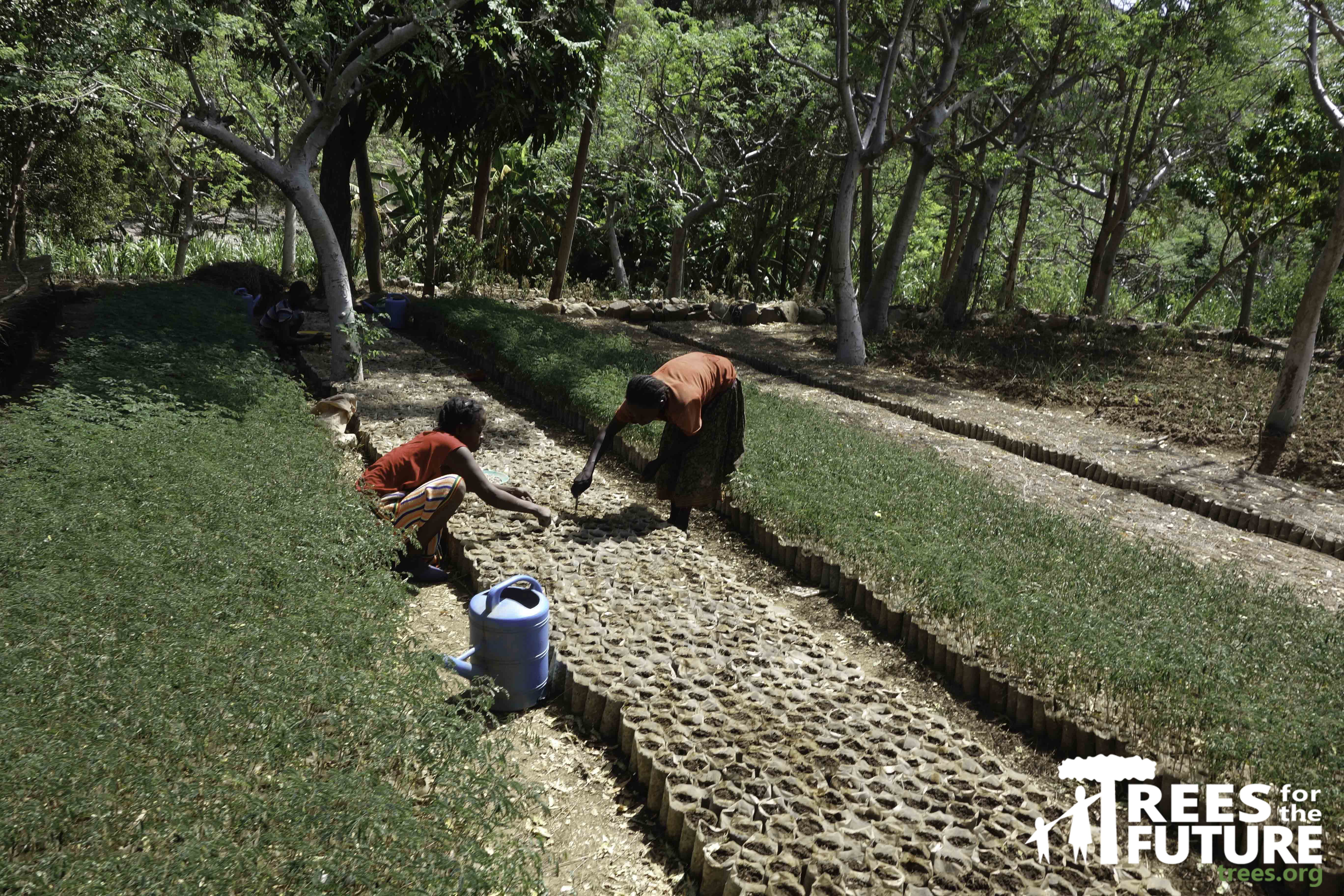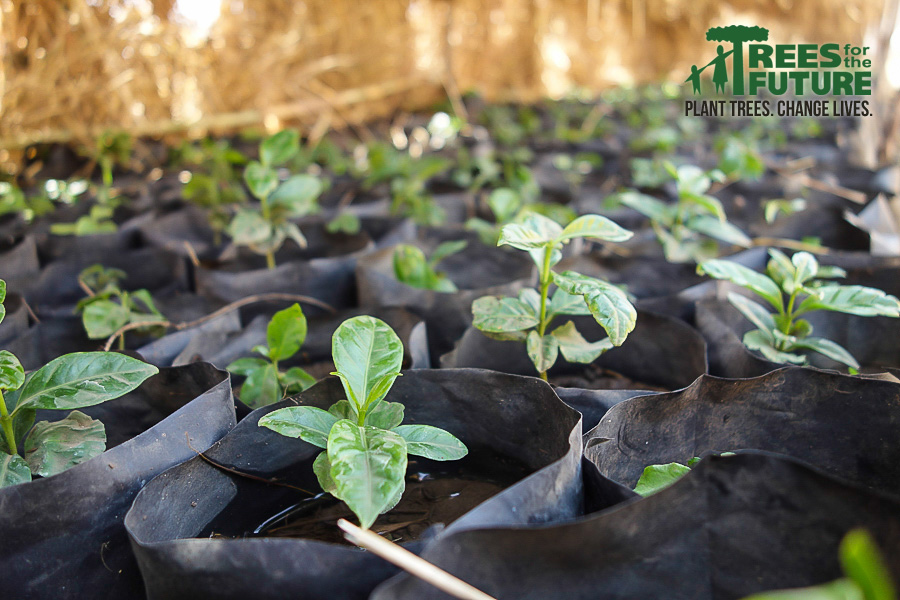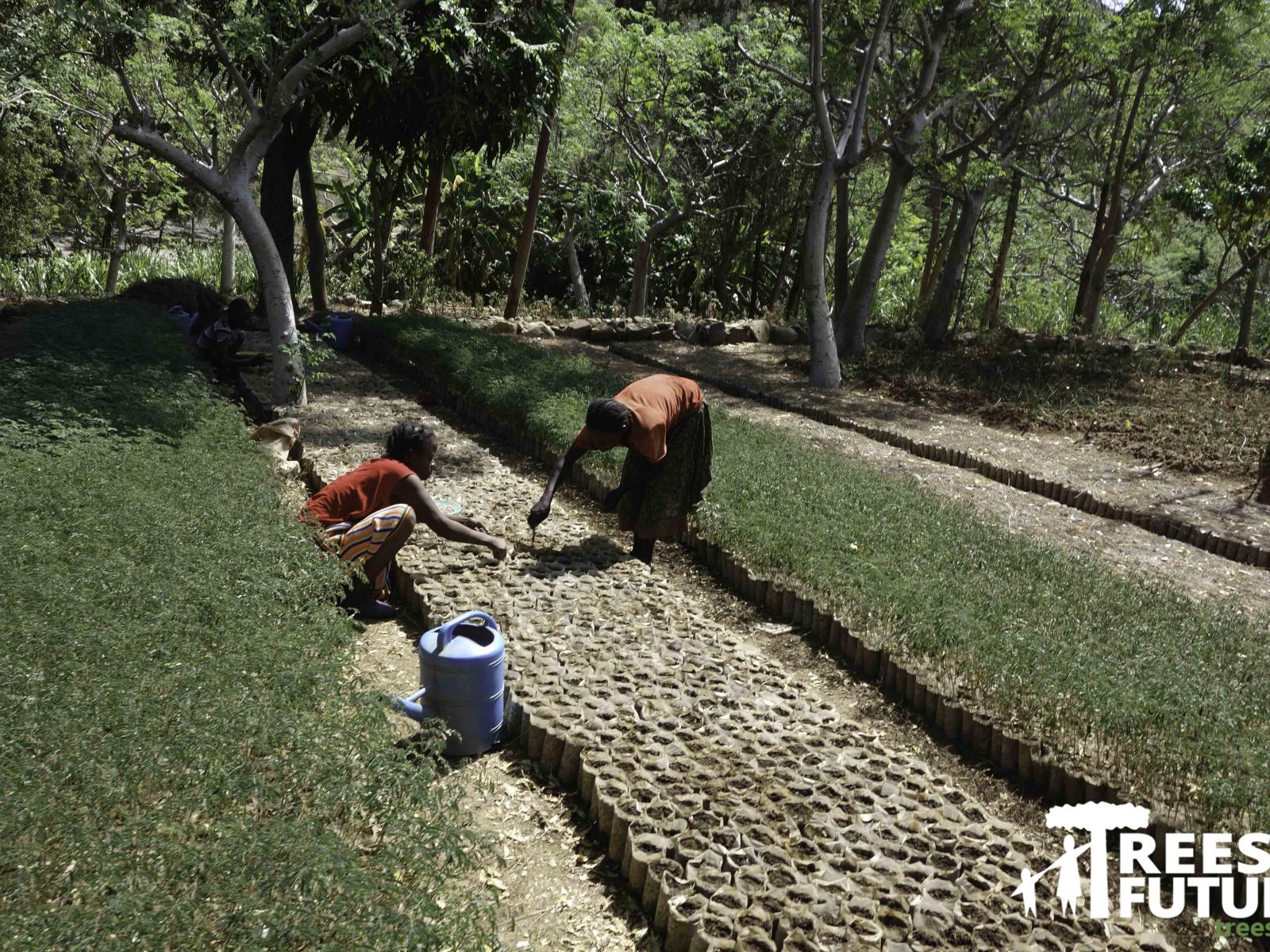An Overview Of Our Solution
- Population Impacted:
- Continent: North America
Organization type
Population impacted
Size of agricultural area
Production quantity
People employed
Describe your solution
Describe your implementation
External connections
What is the environmental or ecological challenge you are targeting with your solution?
Describe the context in which you are operating
This year, more than 400 million people, or half the total population in Sub-Saharan Africa, will spend each day in extreme poverty. Most of these people are rural farmers suffering from declining investment in agricultural systems in Africa while seeing their yields fall from years of destructive farming practices and expensive chemical usage.
At the same time, there is a demonstrated need among agricultural development and food assistance organizations for proven, cost-efficient, and adaptable training resources. For example, in Africa, there are large populations of low-literate farmers that lack access to agricultural best practices. Reaching these farmers with the information they need is difficult for organizations lacking the capacity to tailor resources to a variety of different cultures, languages, and geographies.
TREES seeks to address and solve these issues in the long-term by focusing on 1) Teaching our Forest Garden program for growing food and increasing incomes to impoverished farming communities living along environmentally-degraded trade corridors in East and West Africa, and 2) Training agricultural extension experts and food assistance organizations in Forest Garden development so they can implement to model independently.
How did you impact natural resource use and greenhouse gas emissions?
Language(s)
Social/Community
Water
Food Security/Nutrition
Economic/Sustainable Development
Climate
Sustainability
TREES' Forest Garden projects are undertaken with financial support from individuals, businesses, foundations, and government agencies. There is no cost to farmers to participate. The economic sustainability of our program for the farmers we serve is paramount to our work. Survey data has shown that farmers who participate in our Forest Garden projects average an income increase of 400 percent, with some seeing increases of up to 1,000 percent. In order to expand the reach of our Forest Garden program, TREES is investigating the feasibility of several different self-sustaining program models, including fee-for-service, microfinance, and an "Adopt a Trainer" program modeled on our successful "Adopt a Project" program for business partners.
Return on investment
Entrant Image

Entrant Banner Image

